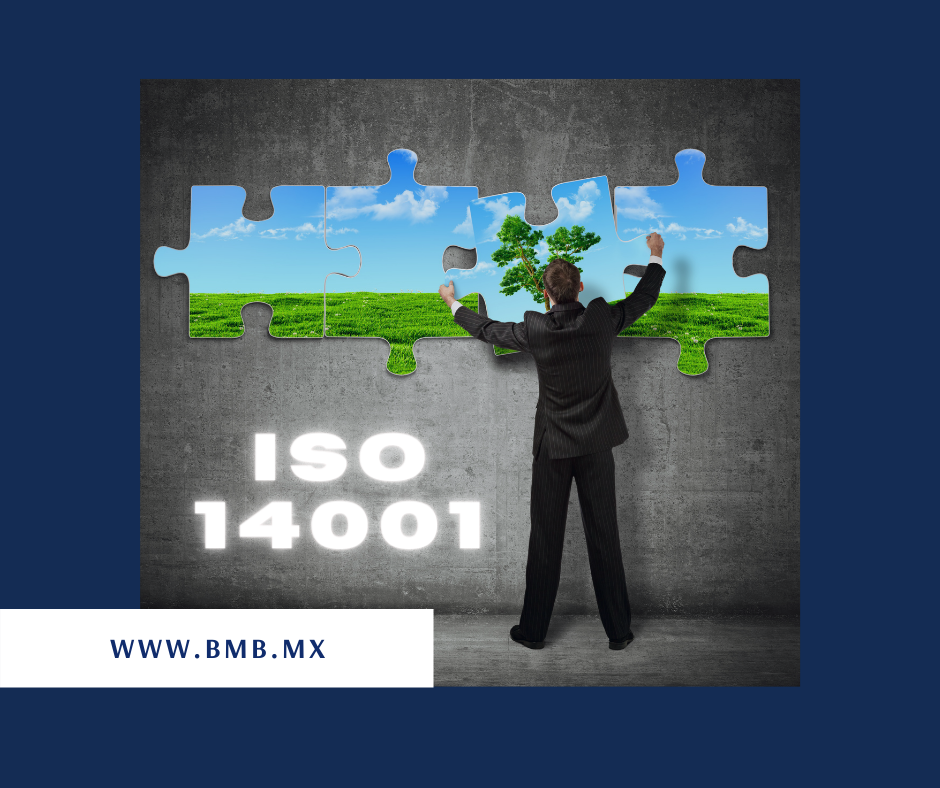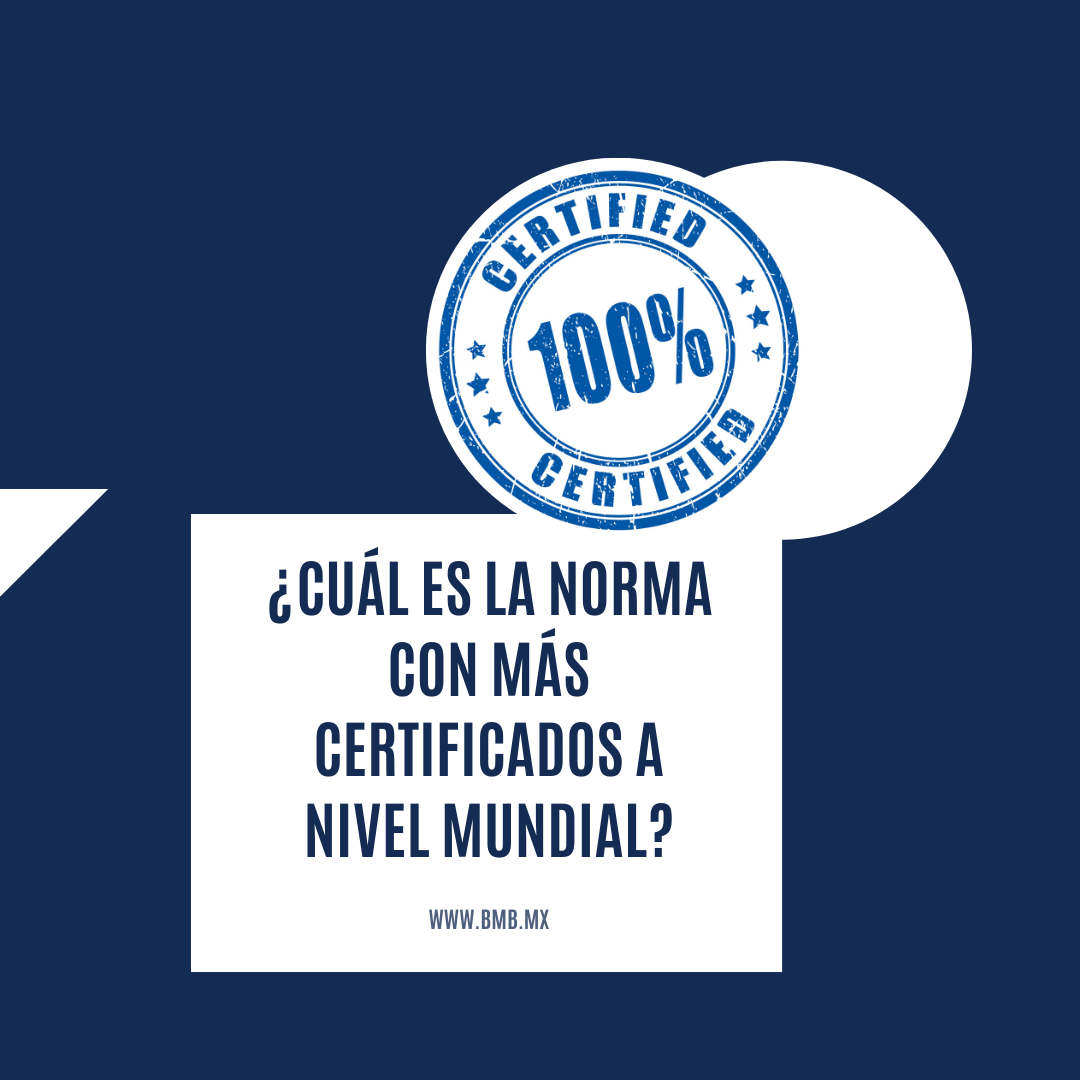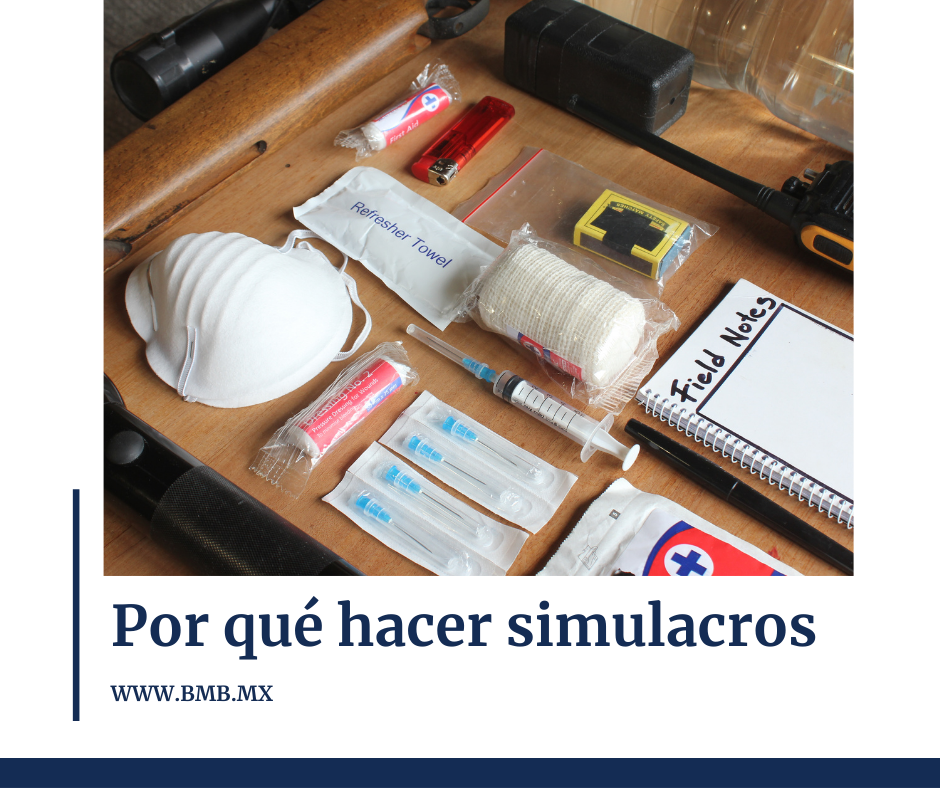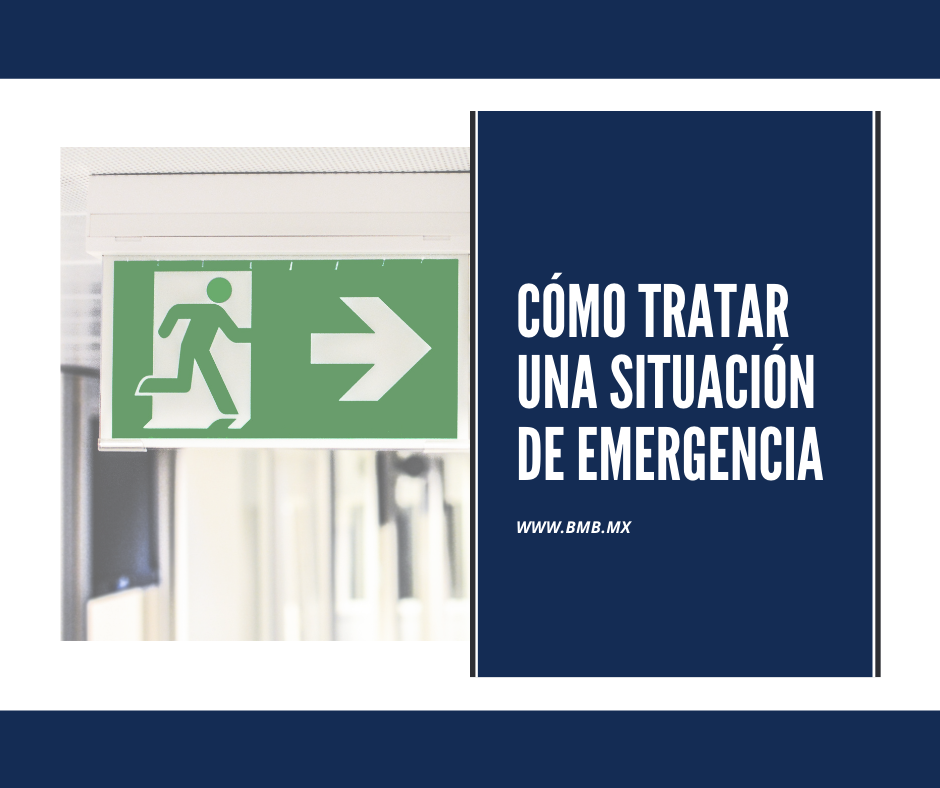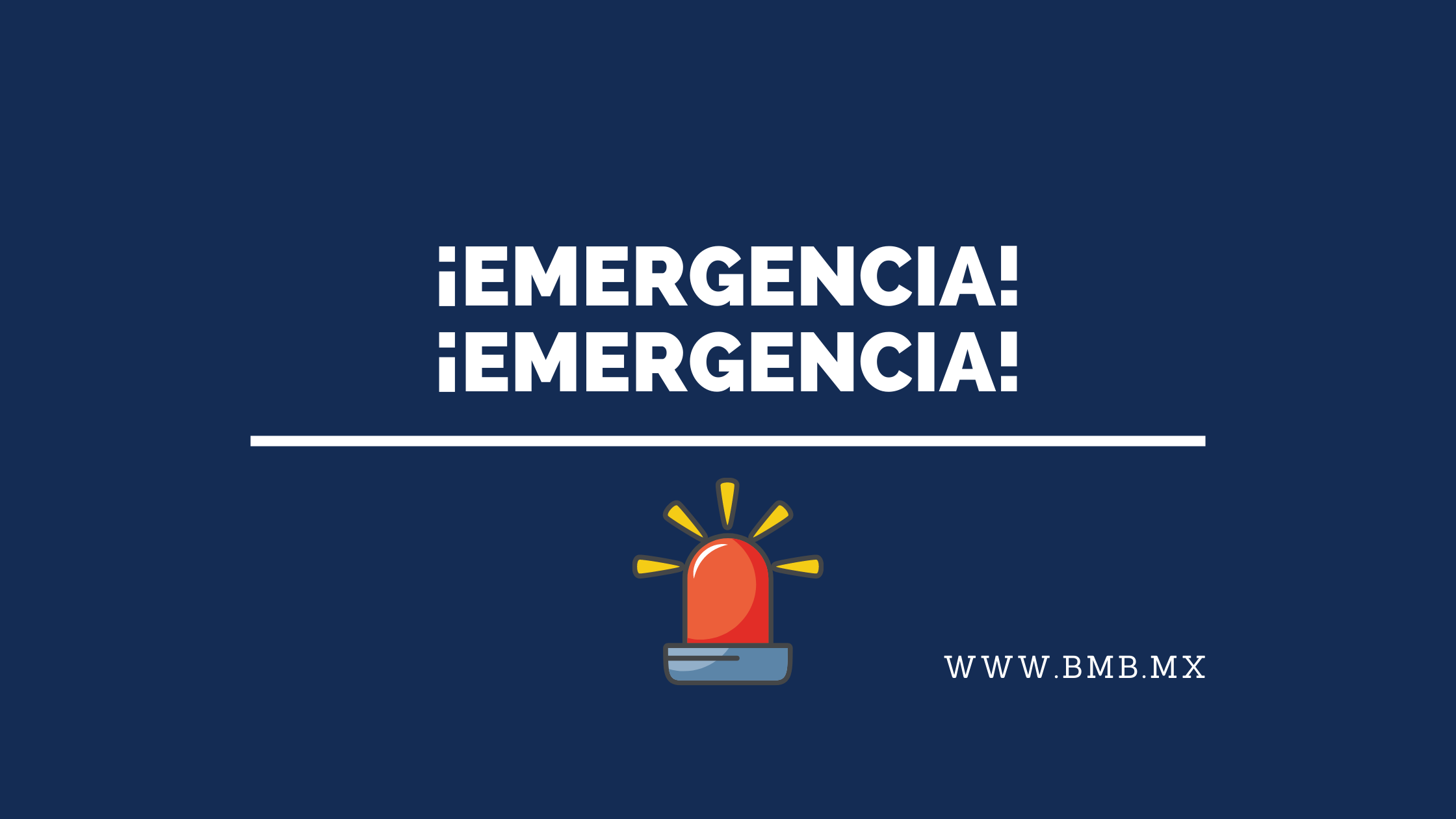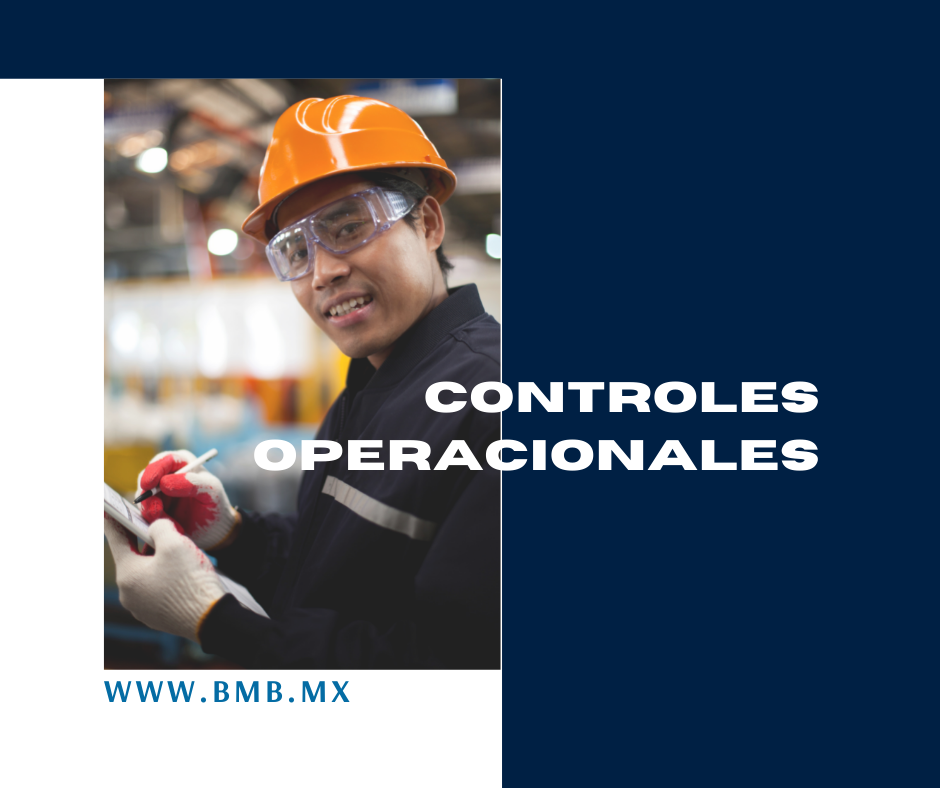Cómo se relacionan los aspectos ambientales y el ciclo de vida
En el artículo anterior, revisamos “Qué es la identificación de aspectos ambientales y cómo hacerla“, ahora podemos continuar explicando la relación entre los aspectos ambientales y el ciclo de vida.
Empecemos…
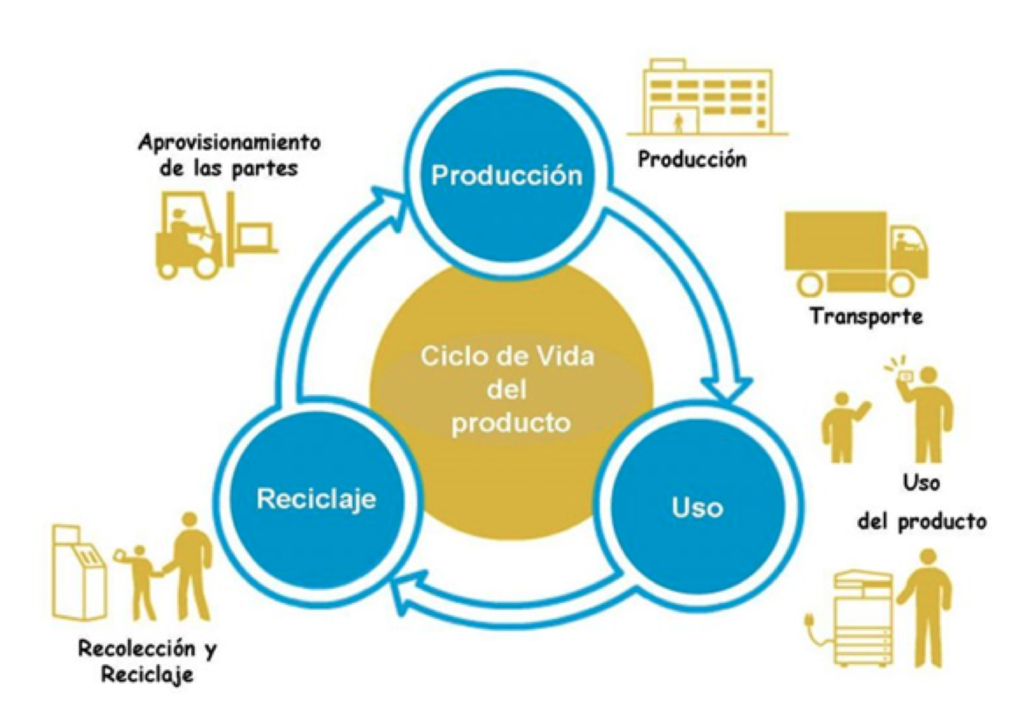
Tu empresa determina los aspectos ambientales (cualquier elemento de las actividades, productos, procesos y/o servicios que pueden interactuar con el medioambiente), de sus actividades, productos y servicios, que puede controlar y de aquellos en los que puede influir, y sus impactos ambientales asociados, desde una perspectiva de ciclo de vida, el cual, normalmente, está compuesto por estas etapas.
¿Cuáles son las etapas del ciclo de vida?
- Adquisición de recursos (aprovisionamiento): comprende desde las actividades necesarias para la adquisición de materias primas o de energía hasta la primera fase de manufactura o procesamiento del material.
- Producción y/o provisión del servicio: comprende las etapas que tienen lugar desde la introducción de las materias primas o insumos en el proceso hasta obtener el producto y/o servicio final.
- Transporte y distribución: comprende el movimiento de materiales o insumos entre las diferentes operaciones en cualquier etapa del ciclo de vida, incluida la extracción de recursos. La distribución comprende el paso del producto desde su salida de la organización hasta el usuario final (cliente).
- Uso / Reutilización / Mantenimiento: utilización del producto terminado a lo largo de su vida en servicio. La fase de uso y mantenimiento supone el consumo energético y de recursos asociados.
- El tratamiento final de su vida útil (recolección, reciclaje o disposición final): comprende todas las actividades necesarias para recoger o recolectar el residuo y devolverlo a un proceso de producción o disposición final, la cual incluye todos los mecanismos de tratamiento de los residuos (estudio de las posibles alternativas de gestión).
Para realizar la identificación de los aspectos ambientales, te recomendamos identificar:
- Todos los procesos.
- Todas las actividades del proceso por orden de ejecución.
- Todos los datos de entrada de cada actividad.
- Todos los resultados de cada proceso o actividad.
- Todos los aspectos que se construyen en el proceso o actividad.
- Todos los aspectos sobre el mantenimiento de equipos e instalaciones.
- Todos los aspectos relacionados con actividades de los proveedores, subcontratistas y clientes.
- Todos los aspectos identificados durante el diseño y desarrollo, o cambios en procesos, actividades, productos y servicios.
- Todos los aspectos que surgen de condiciones anormales y situaciones de emergencia.
- El impacto de acuerdo con los aspectos ambientales identificados.
Te invitamos a tomar Gratis, el Curso – Máster ISO 14001: IMPLEMENTADOR LÍDER.


